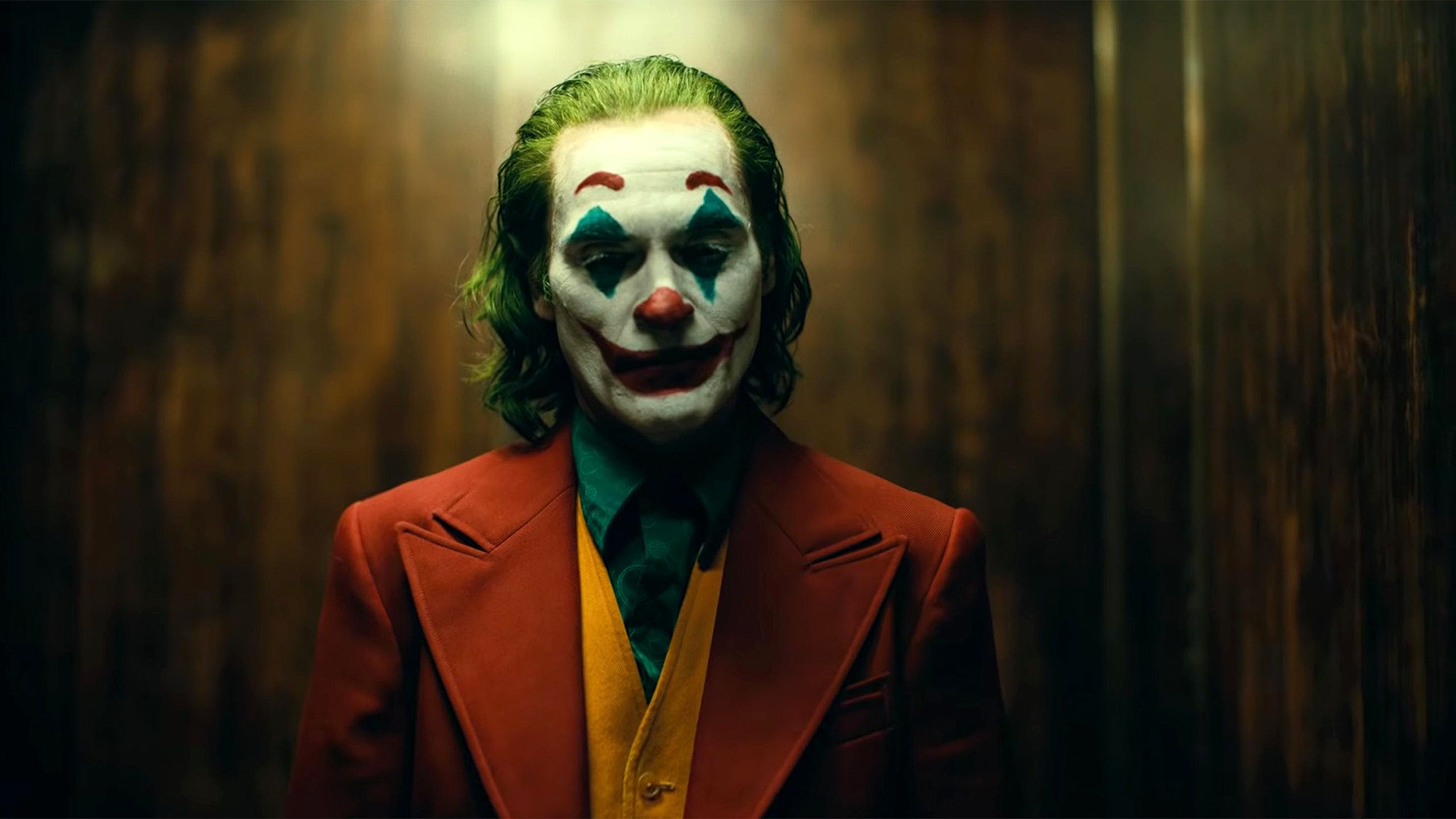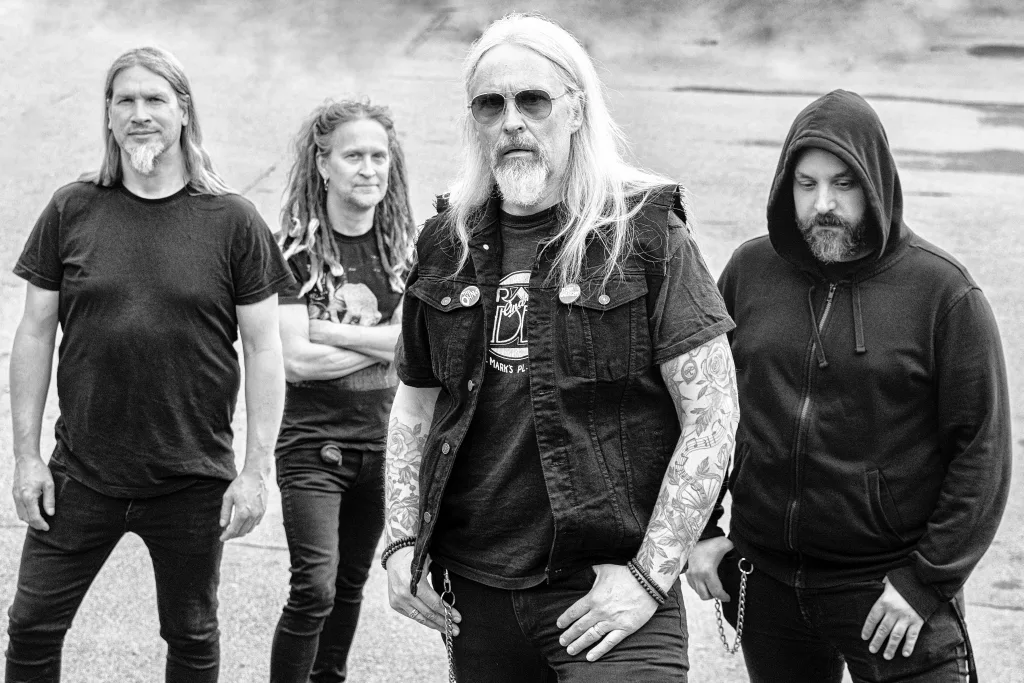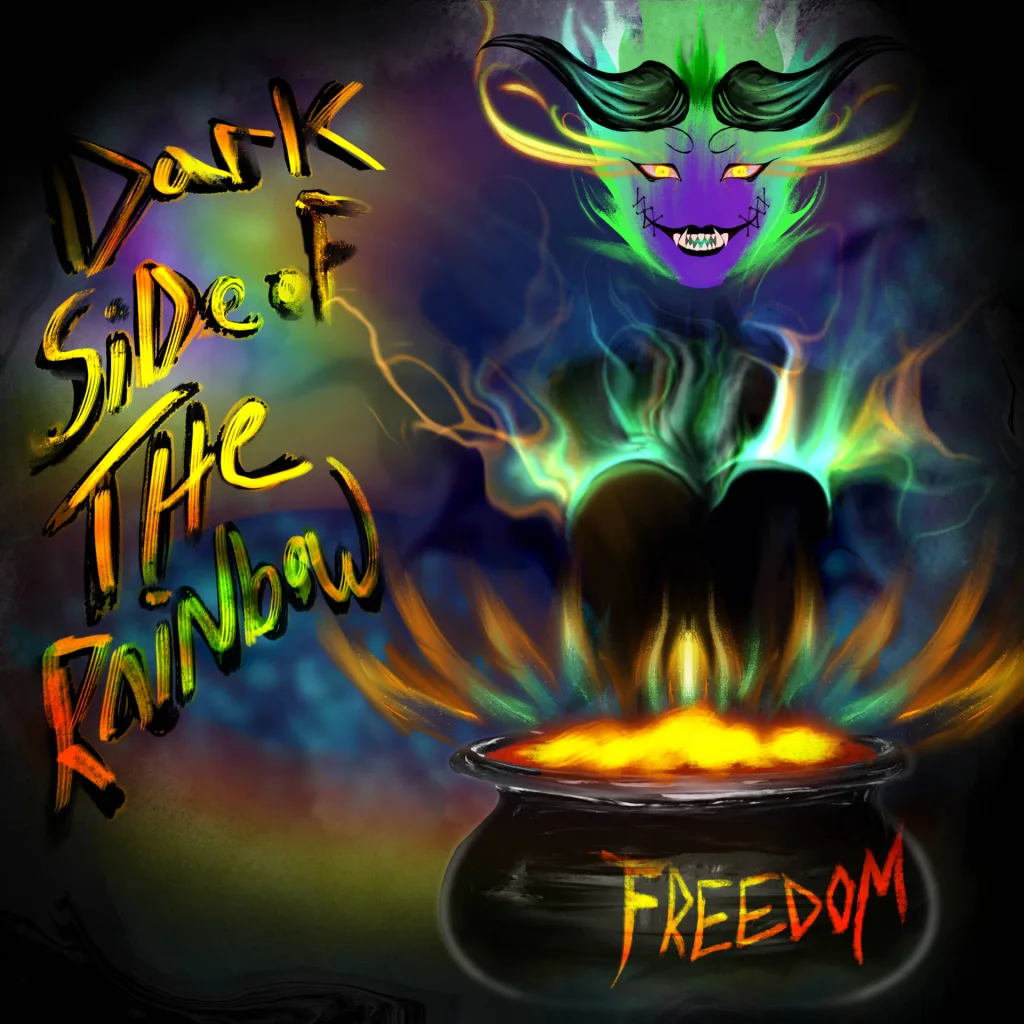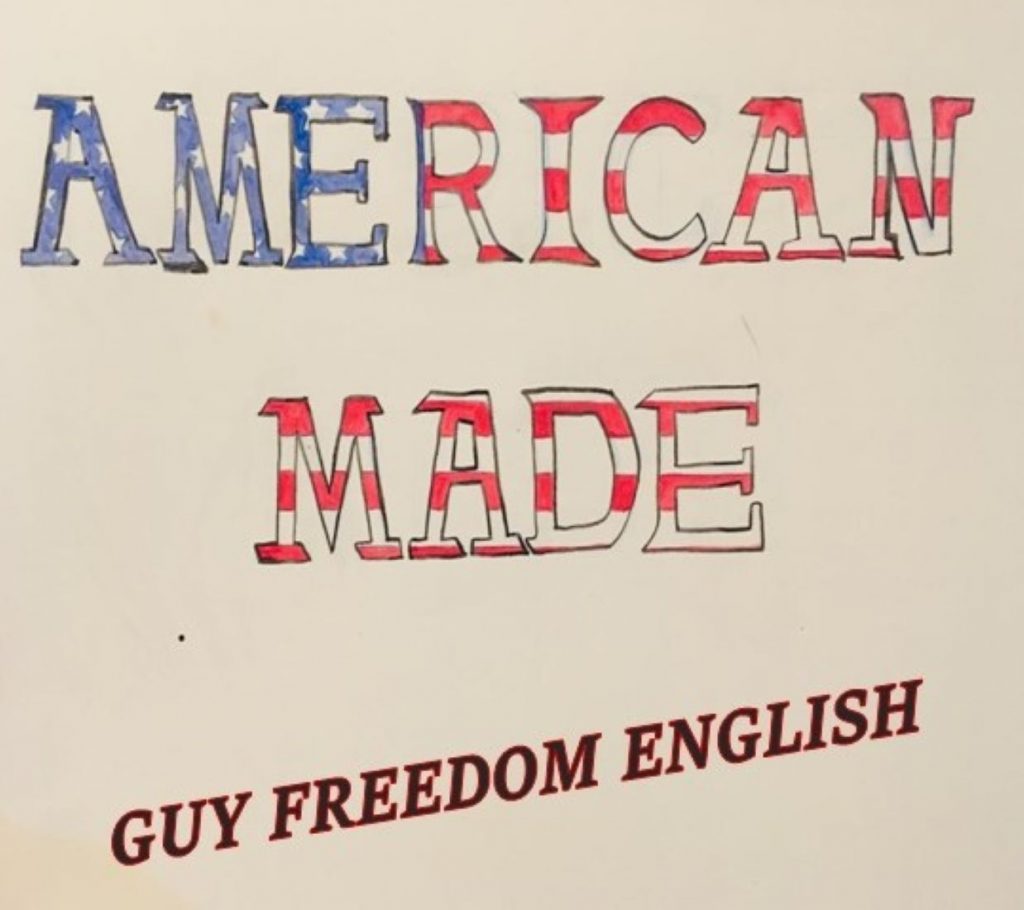Joker Review
Written by Kevin Tanza on October 6, 2019

The Joker movie had a lot of its plate from the moment it debuted a few days ago. Not only it had fans doubtful of how to make an origin story of DC’s most famous and popular villain, but it also had an honestly ridiculous push by the mainstream media in the United States that this film was going to inspire people (especially white heterosexual male, according to the media’s obtuse views of reality) and also the inherent risk of taking a new direction in the way that movies based on comic book characters are done.
After watching it, I can safely say that the movie not only lived up to its expectation and overcame the doubts of many sectors, but actually doing even better and surprising people in the best possible manner. It’s a fascinating perspective on such a iconic character and also a great way to understand human nature when dealing with mental illness.
Joker, above all things, is a cautionary tale about mental health and the lack of empathy that plagues modern Western civilization. There is an important sector of our society that loves to pontificate and preach about empathy, but they end up being people that only look for something to get offended by and try to implement social control by what nowadays is considered as “cancel culture”, believing that they have the God-given right of walking over anybody just because they do or say something they don’t like and it’s clear that Todd Phillips had that mind during the making of the film, not only because of his statements about this culture in comedy, but also because Arthur’s monologue in Murray’s show in the third act, when he has become the Joker, is comment on the current of entertainment and art in general, where most artists are more concerned about being politically correct and being shallowly praised on social media than making good content.
To be honest, I was one of those comic books that were skeptical about the nature of this movie being an origin story for the Joker, a character who never had a proper and defined starting point in the source material (even Alan Moore’s Killing Joke has the character admitting that his past is of “multiple choice”). My biggest criticism with modern movies based on comic book characters is that they move away too much from the source material and don’t respect what makes said characters tick, but this film proves to be the exception to the rule by making a very a compelling origin and still respecting the character’s essence in the fantastic third act. If the Joker had to have a origin story, this film did a phenomenal job with that.
Great part of this film’s triumph is due to Joaquin Phoenix’s performance as the hurt and damaged Arthur Fleck and later on as the chaotic and fully insane Joker, but I would be argue than without the former the latter would have not worked well in this film.
When we first see Arthur in the movie, we can clearly tell that he is going through hard times, working as a clown, dealing with his mental issues and taking care of his mother, but we can also tell that he is a good man who is just struggling like many of us and he is trying to do his best. There’s this sense of impending doom within the film that works so well because the vast majority of viewers knows how Arthur is going to end up as, but his transition to that point in this story makes both compelling and painful for us.
There is one scene that I think defines the character in the first two acts quite well: he is a hospital entertaining kids in his job as a clown and the gun that he got from a friend falls to the floor, resulting in him losing that gig and getting fired from the clowns company he works for. He is trying to do his best, but he continuously fails and the city of Gotham, filled with selfishness, lack of empathy and love takes him further and further to insanity.
Another moment that truly hit me was the train scene where he killed the three men with his gun. This is not only the first time Arthur (and of course, the Joker) takes a life, but it’s done in a way where you feel the heavy weight of the act and I would dare to say it takes a toll on you, feeling that the character has crossed a line that he can’t go back from. I love action films and I have seen a lot of bloodshed on the big screen, but this one felt raw and, more importantly, real, which is the main virtue of the film: it feels sincere and real from beginning to end.
The movie’s heart and core message is, as I said before, about mental health and I think that is more important now than ever. Arthur’s fall is not only his, but also of all the people that he encounters throughout the film that instead of offering love, empathy and understanding, basically kick him to the curve and belittle at any given chance. He is a man of who is not responsible of the many things that he has to go through (his laughing condition, his situation with his mother, the abuse he received as a kid and how people keep humiliating him due to his mental state of mind). A lot of people that said this film was going to inspire mass murderers are the same that lack empathy when they mercilessly try to destroy a lot of people’s careers and lives just because they said something they didn’t like on Twitter–those are the people that need to see this film the most and understand that mentally ill people (and/or pretty much everybody with a different opinion on any given matter) deserve compassion and respect. Todd Phillips may like to say that they didn’t follow the source material, but this film has one of the core messages of the Killing Joke: all it takes is one bad day to snap.
Another concerning opinion that I read a lot is that the movie justifies the Joker’s actions and those of the insurgents that rose because of his actions. I disagree with that. Yes, the Joker inspired people to protest and to create havoc in Gotham, but that is not depicted as something inherently good as we only see the city falling into chaos and even that is mentioned by the end of the film, with the Joker smiling in the cab as he watches the city burn. You could say that Thomas Wayne is depicted as the “bad guy” of the story, but his comments on the protestors are fundamentally right: as bad as things are for those people, it doesn’t justify creating chaos and hurting others. As for his actions in the bathroom scene with Arthur, he is not watching a mentally ill individual that is in dire need of compassion, respect and understanding; he is watching someone that looked like he wanted to hurt his son and, like any father, he reacted–perhaps in the most ideal way, but it was a natural reaction.
In the end, the biggest antagonist of the film is Gotham City itself, corrupting everybody and turning decent men into foul agents of chaos. Arthur Fleck at the beginning of the story is trying to live a somewhat decent life and trying to achieve his dream as a comedian, but the events in this city pushes him over the edge and his actions as the Joker are his fault because not even the most corrupt place in the world justifies such actions. It’s one of the most compelling aspects of Gotham in the Batman comics and Phillips does a great job in depicting a city that is deteriorating rather than failing apart in both structure and morals.
The movie’s score is delightful and it makes such an unsettling and brilliant companion to every scene, with Arthur’s dance moves and laughter becoming more and more prominent throughout the film. In fact, there are moments where the character is walking or doing certain actions and you only need to hear the dark and brooding soundtrack to understand his state of mind in that particular scene–it’s something we don’t see often in modern cinema.
Naturally, Joaquin Phoenix steals the show as the main character and while the script, the music and the directing are all phenomenal, he is the one that takes the film to even further heights. The man adds a degree of realism, pain and even innocence to Arthur’s character that only makes it a lot more painful and tragic when he becomes the Joker; not only he makes a wonderful interpretation of the Joker in all its unholy glory in the third act, but he also reflects throughout the film the reality of thousands of people in this world that might be struggling the way he does here–you watch him here and you’re watching a man that gave his all to do justice to this character and the legacy it carries in so many different art forms.
There is an unsettling and painful feeling throughout the movie and I mean this as a good thing: it truly captures you and you can’t help but feel drawn to the character of Arthur and his struggles. Every failure, every struggle, every instant he goes deeper and deeper into the black hole of his soul feels powerful and important, which is what any good film with proper character development should do.
There are also some very good symbolisms and I think every viewer can determine their own themes and concepts throughout the movie because it’s so well-done that it lends to that, but I personally love how at the beginning of the film he is going up the steps to his home with sadness and pain, but he is already the Joker, embracing the insanity and darkness within him, goes down while dancing and having the time of his life. We also start the film with him chasing the kids and we end with him being chased by the police. It’s a really interesting concept that defines and expresses the character’s descent to his worst possible instincts.
I have mentioned the third act a few times and I think it’s time to address it head on: it’s just perfect. It’s madness, chaos and dread in movie format. It’s the Joker as we know him coming to life. Phoenix pours his heart and soul during the Murray show monologue, showing all the pain the character has bottled up throughout the movie. The anarchy and the chaos that feels Gotham is a great example of what the Joker represents (it also gives a good example of why people would follow a criminal dressed as a clown) and provides a very powerful climax to the story as a whole.
I would like to point out how the scene of Bruce’s parents dying was extremely well done here. As a longtime Batman fan, I have seen this moment over and over in multiple formats throughout the years, but I think this one is my favorite because not only is a contrast to the usual pattern (an ending rather a beginning) and because it connects the Joker’s influence to Batman in a very interesting way (in fact, it makes Batman’s life-long bow of not killing more potent and honorable when dealing with mentally ill criminals, especially with the Joker). That image of Bruce watching his parents’ dead bodies as we hear the Joker’s is not only one of the most haunting moments of the film, but also the moment that defines Phoenix’s character as totally gone and well into the field of pure of evil, which is the Joker’s status quo, of course.
In fact, I find interesting how this movie justifies Batman’s methods of taking criminals and sending them to mental institutions instead killing of them. One could argue that he would be better off killing them and that is probably true in the vast majority of cases, but it’s also telling how this film shows how little we often care about people that are in a poor state, whether it’s physical, mentally or even financially. And I don’t even in the cliché “rich vs. poor” way that most people tend to frame it as, but rather as a human predicament: we need to reteach ourselves how to feel genuine empathy for others and not preach it for shallow adulation.
If anything, this film and Batman’s methods are a way to remind ourselves to feel compassion and empathy for others; that perhaps people that descent into madness were just like you and me with hopes and dreams but never got the compassion and understanding they deserved. Does lack of compassion and understanding justify becoming a mass murderer? Of course not. But the murderer is rarely even mentally stable and he or she got to that point because no one until that point bothered to help him or her, which I think is a universal message that should embrace our common humanity.
I don’t like to do such definitive statements because I know that we can all have different takes on the same subject, but I seriously think that Joker is the best film of the year and Joaquin Phoenix has done a performance for the ages–he has a great career, but I think this is the role that is going to grant him immortality as an actor.
A totally different take on a comic book character and DC’s best achievement in the film industry.





